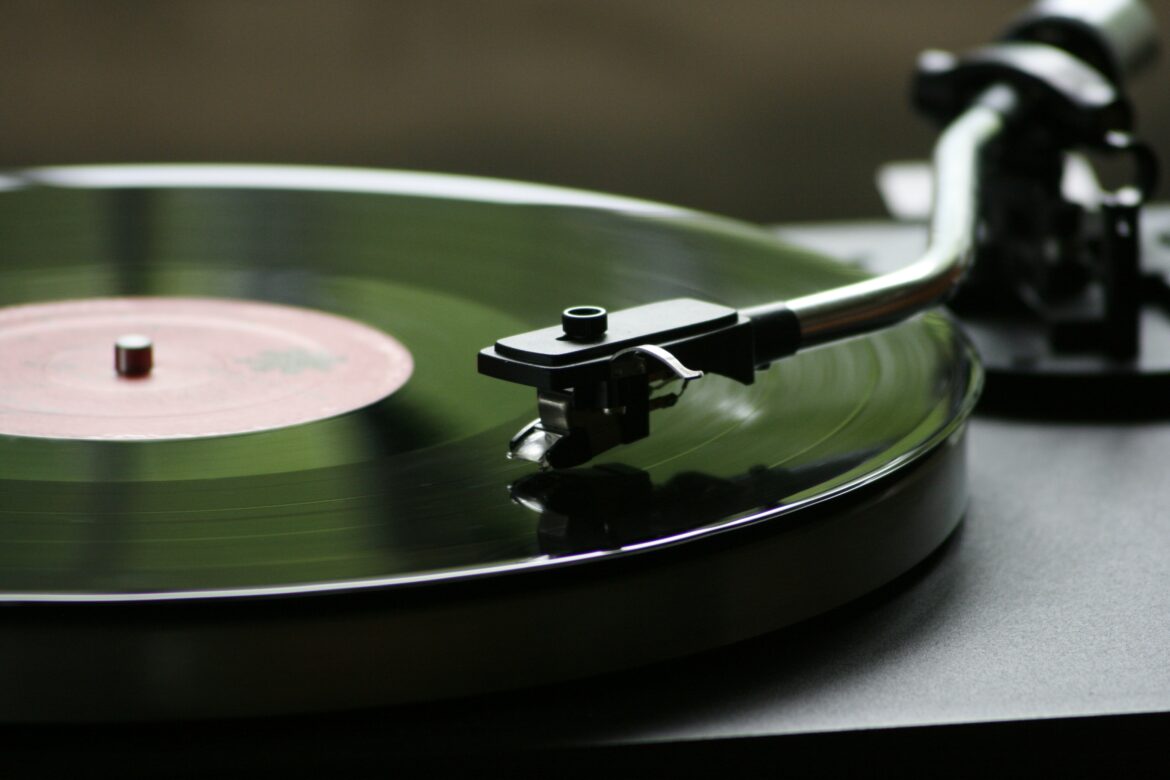A “disc” or “disk” is a circular or flat-shaped object that is used for storing information, such as data, music, or movies. However, there is a subtle difference between the two spellings that can be important depending on the context.
What is a disc?
The spelling “disc” is generally used to refer to optical discs, which are thin, circular, flat discs that store data using laser technology. Examples of optical discs include CDs, DVDs, and Blu-ray discs.
What is a disk?
On the other hand, the spelling “disk” is generally used to refer to magnetic disks, which are flat (and not necessarily circular) plates that store data using magnetic fields. Examples of magnetic disks include hard drives and floppy disks.
Difference between disk and disc
The key difference between “disc” and “disk” is their spelling, with “disc” being the preferred spelling for round objects that play music, and ‘’disk’’ being the choice for the square computer device.
Here are some examples of how to use “disc” and “disk”:
- The research team stored their experimental results on a CD-ROM disc for future reference.
- The researcher saved his data on a portable hard disk for easy access.
- The laboratory uses a floppy disk drive to access data from an older instrument.
- The dataset was shared with other researchers on a DVD disc.
Disk vs. disc in American and British English
Ah, the eternal debate between American English and British English – or as some might say, the disc and the disk of the English language!
As it turns out, there are some differences in how these two variants of English spell the word for the flat, circular storage medium we all know and love.
In American English, the standard spelling is “disk”, with a “k” at the end. This spelling is used not only for computer storage devices, but also for other circular objects like frisbees and coins.
On the other hand, in British English, the standard spelling is “disc”, with a “c” at the end. This spelling is used for computer storage devices as well as other circular objects like CDs and DVDs.
Of course, as with many language differences between American and British English, there are exceptions and variations depending on context and personal preference.
But in general, if you’re in the US and you see a storage device spelled “disc”, or if you’re in the UK and you see one spelled “disk”, don’t worry – it’s not a typo, it’s just a difference in spelling conventions.
In conclusion, while “disc” and “disk” may seem similar, their usage can make a significant difference in how a statement is interpreted. By using the appropriate spelling, you can ensure that your message is communicated clearly.


